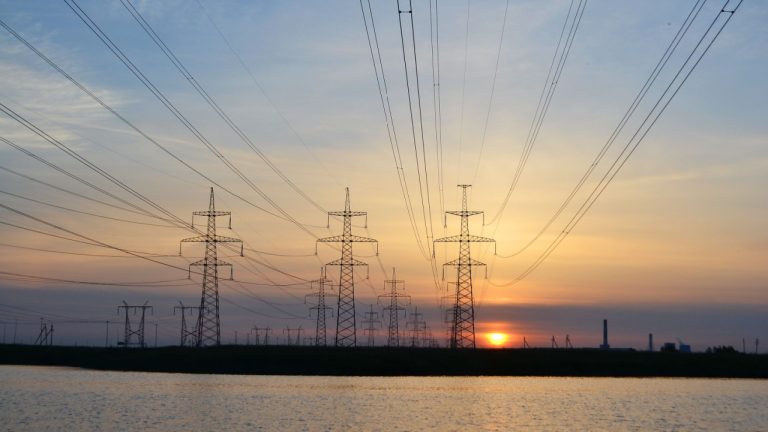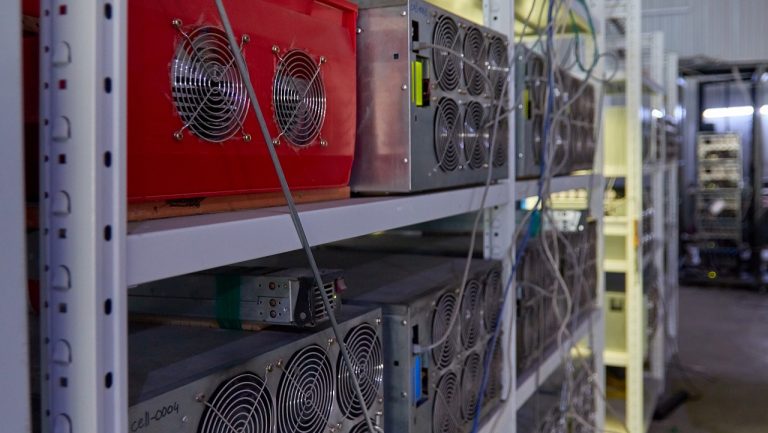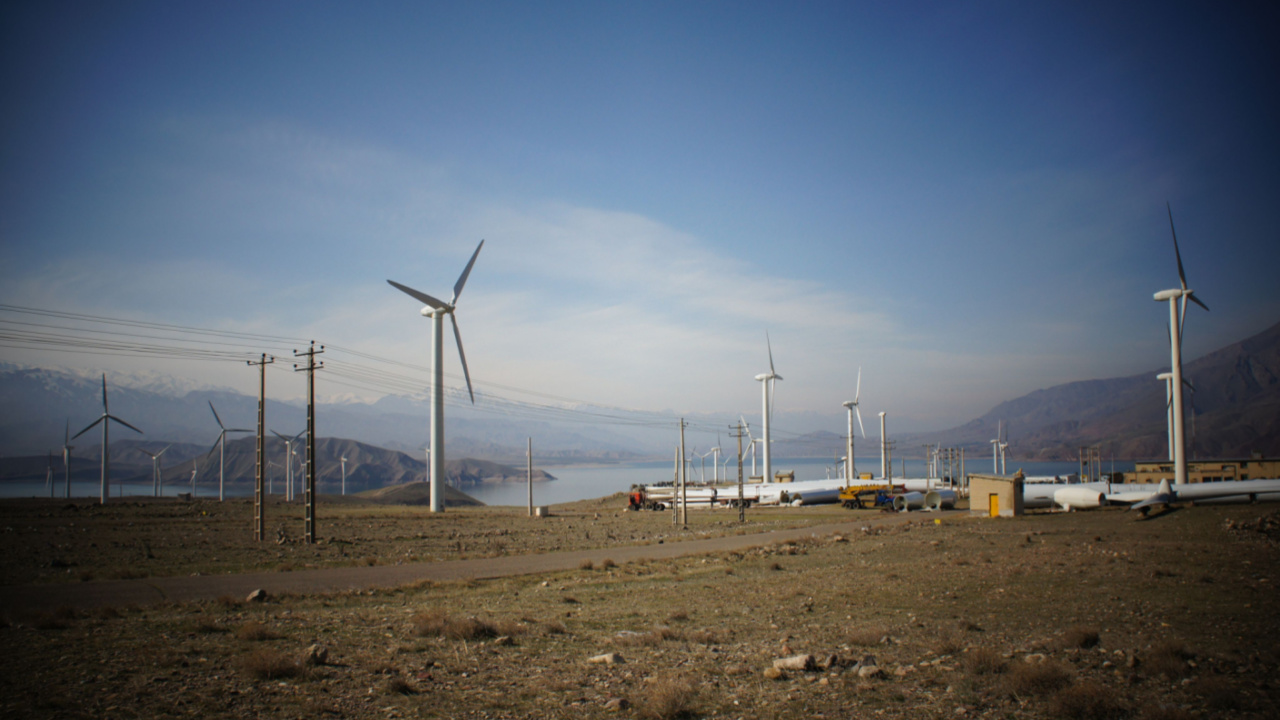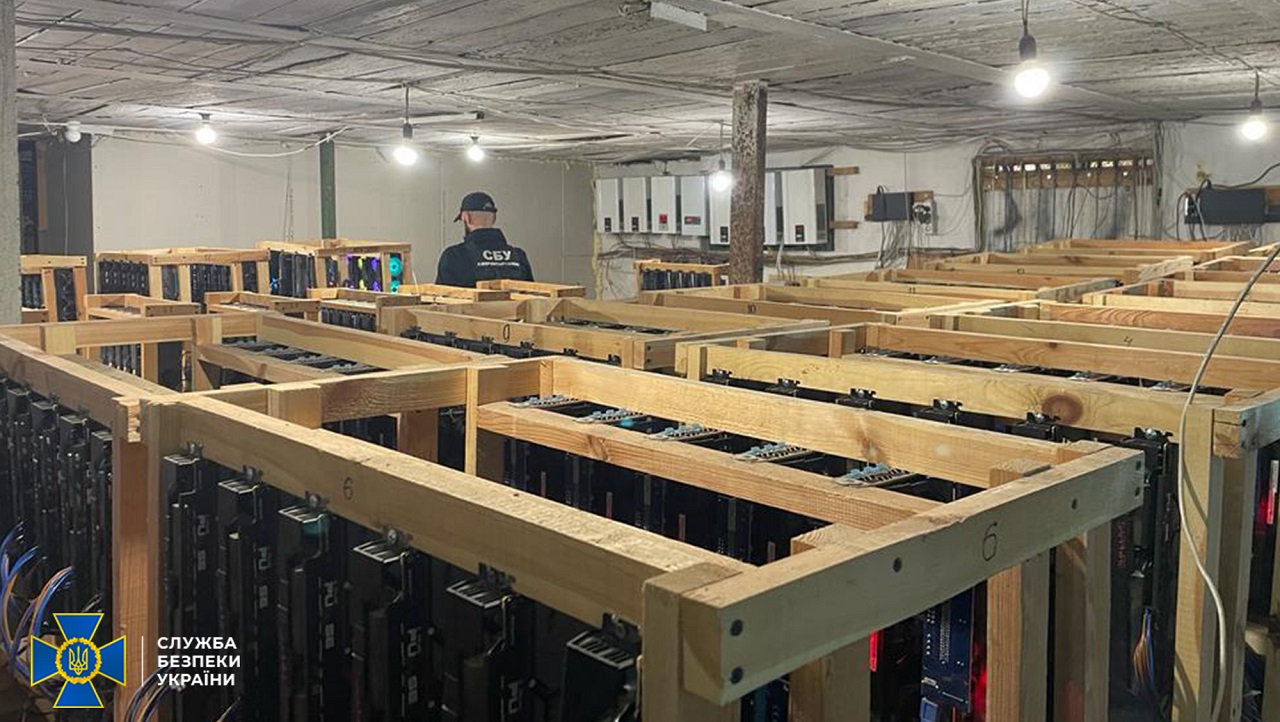 New legislation proposed in the parliament of Kazakhstan will allow only authorized miners to mint digital currency, if adopted. The draft has been designed to comprehensively regulate the industry and reduce what its sponsors label as uncontrolled consumption of electricity in the sector. Lawmakers in Kazakhstan Submit Crypto Mining Law, Seek to Curb ‘Gray’ Mining […]
New legislation proposed in the parliament of Kazakhstan will allow only authorized miners to mint digital currency, if adopted. The draft has been designed to comprehensively regulate the industry and reduce what its sponsors label as uncontrolled consumption of electricity in the sector. Lawmakers in Kazakhstan Submit Crypto Mining Law, Seek to Curb ‘Gray’ Mining […] Russia is preparing to provide Kazakhstan with additional energy needed to operate crypto mining farms in the Central Asian nation. New arrangements will allow Kazakhstan’s miners to buy electricity directly from the Russian power generation and distribution giant Inter RAO. Miners in Kazakhstan to Source Energy From the Russian Federation Crypto mining enterprises operating in […]
Russia is preparing to provide Kazakhstan with additional energy needed to operate crypto mining farms in the Central Asian nation. New arrangements will allow Kazakhstan’s miners to buy electricity directly from the Russian power generation and distribution giant Inter RAO. Miners in Kazakhstan to Source Energy From the Russian Federation Crypto mining enterprises operating in […]
Some governments can negatively impact Bitcoin's environmental footprint by banning BTC mining, according to new data from Cambridge.
The electricity mix of Bitcoin (BTC) has drastically changed over the past few years, with nuclear energy and natural gas becoming the fastest growing energy sources powering Bitcoin mining, according to new data.
The Cambridge Centre for Alternative Finance (CCAF) on Tuesday released a major update to its Bitcoin mining-dedicated data source, the Cambridge Bitcoin Electricity Consumption Index (CBECI).
According to the data from Cambridge, fossil fuels like coal and natural gas made up almost two-thirds of Bitcoin’s total electricity mix as of January 2022, accounting for more than 62%. As such, the share of sustainable energy sources in the BTC energy mix amounted to 38%.
The new study suggests that coal alone accounted for nearly 37% of Bitcoin’s total electricity consumption as of early 2022, becoming the largest single energy source for BTC mining. Among sustainable energy sources, hydropower was found to be the largest resource, with a share of roughly 15%.
Despite Bitcoin mining significantly relying on coal and hydropower, the shares of these energy sources in the total BTC energy mix have been dropping over the past several years. In 2020, coal power powered 40% of global BTC mining. Hydropower’s share has more than halved from 2020 to 2021, tumbling from 34% to 15%.

In contrast, the role of natural gas and nuclear energy in Bitcoin mining has been notably growing over the past two years. The share of gas in the BTC electricity mix surged from about 13% in 2020 to 23% in 2021, while the percentage of nuclear energy increased from 4% in 2021 to nearly 9% in 2022.
According to Cambridge analysts, Chinese miner relocations were a major reason behind sharp fluctuations in Bitcoin’s energy mix in 2020 and 2021. China’s crackdown on crypto in 2021 and the associated miner migration resulted in a major drop in the share of hydroelectric power in the BTC energy mix. As previously reported, Chinese authorities shut down a number of crypto mining farms powered by hydroelectricity in 2021.
“The Chinese government's ban on cryptocurrency mining and the resulting shift in Bitcoin mining activity to other countries negatively impacted Bitcoin's environmental footprint,” the study suggested.
The analysts also emphasized that the BTC electricity mix hugely varies depending on the region. Countries like Kazakhstan still rely heavily on fossil fuels, while in countries like Sweden, the share of sustainable energy sources in electricity generation is about 98%.
The surge of nuclear and gas energy in Bitcoin's electricity mix allegedly reflects the “shift of mining power towards the United States,” the analysts stated. According to the U.S. Energy Information Administration, most of the nation’s electricity was generated by natural gas, which accounted for more than 38% of the country’s total electricity production. Coal and nuclear energy accounted for 22% and 19%, respectively.
Among other insights related to the latest CBECI update, the study also found that greenhouse gas (GHG) emissions associated with BTC mining accounted for 48 million tons of carbon dioxide equivalent (MTCO2e) as of Sept. 21, 2022. That is 14% lower than the estimated GHG emissions in 2021. According to the study’s estimates, the current GHG emissions levels related to Bitcoin represent roughly 0.1% of global GHG emissions.
Combining all the previously mentioned findings, the index estimates that by mid-September, about 199.6 MtCO2e can be attributed to the Bitcoin network since its inception. The analysts stressed that about 92% of all emissions have occurred since 2018.

As previously reported, the CCAF has been working on CBECI as part of its multi-year research initiative known as the Cambridge Digital Assets Programme (CDAP). The CDAP's institutional collaborators include finance institutions like British International Investment, the Dubai International Finance Centre, Accenture, EY, Fidelity, Mastercard, Visa and others.
Related: Bitcoin could become a zero-emission network: Report
The new CDAP findings noticeably differ from data by the Bitcoin Mining Council (BMC), which in July estimated the share of sustainable sources in Bitcoin's electricity mix at nearly 60%.
“It doesn’t include nuclear or fossil fuels so from that you can imply that around 30-40% of the industry is powered by fossil fuels,” Bitfarms chief mining officer Ben Gagnon told Cointelegraph in August.
According to CBECI project lead Alexander Neumueller, the CDAP’s approach is different from the Bitcoin Mining Council when it comes to estimating Bitcoin’s electricity mix.
“We use information from our mining map to see where Bitcoin miners are located, and then examine the country, state, or province's electricity mix. As I understand it, the Bitcoin Mining Council asks its members to self-report this data in a survey,” Neumueller stated. He still mentioned that there are still a few nuances related to lack of data in the study.
 A crypto mining data center in the state of South Australia will be running mainly on solar-generated electricity, a media report reveals. The coin minting facility has been set up in a region known for its energy-hungry iron ore extraction and steel production. Bitcoin Farm to Mine Cryptocurrency on Solar and Excess Energy in South […]
A crypto mining data center in the state of South Australia will be running mainly on solar-generated electricity, a media report reveals. The coin minting facility has been set up in a region known for its energy-hungry iron ore extraction and steel production. Bitcoin Farm to Mine Cryptocurrency on Solar and Excess Energy in South […] Europe is suffering and struggling to contain an energy crisis according to various reports that say the eurozone might have to deal with a cold winter that could lead to energy rationing and blackouts. A recent survey published by the General Confederation of Greek Workers (GSEE) shows seven out of ten Greeks purchase less food […]
Europe is suffering and struggling to contain an energy crisis according to various reports that say the eurozone might have to deal with a cold winter that could lead to energy rationing and blackouts. A recent survey published by the General Confederation of Greek Workers (GSEE) shows seven out of ten Greeks purchase less food […] Power needs of cryptocurrency miners in Russia have grown significantly since 2017, with consumption of electrical energy seeing a 20-fold increase over the five-year period. In 2021, the minting of the coin with the largest market cap, bitcoin, required 1.25 gigawatts in the country. Experts say, however, that Russia has the spare capacities to satisfy […]
Power needs of cryptocurrency miners in Russia have grown significantly since 2017, with consumption of electrical energy seeing a 20-fold increase over the five-year period. In 2021, the minting of the coin with the largest market cap, bitcoin, required 1.25 gigawatts in the country. Experts say, however, that Russia has the spare capacities to satisfy […] The government of Kosovo has adopted measures tailored to maintain energy supply in the coming months, including a ban on cryptocurrency mining. The move comes amid a sharp increase in import prices and the restrictions can be extended for up to six months. Authorities in Kosovo Reinstate Ban on Cryptocurrency Mining The executive power in […]
The government of Kosovo has adopted measures tailored to maintain energy supply in the coming months, including a ban on cryptocurrency mining. The move comes amid a sharp increase in import prices and the restrictions can be extended for up to six months. Authorities in Kosovo Reinstate Ban on Cryptocurrency Mining The executive power in […] Authorities in Iran have revised some rules for the crypto mining industry in order to facilitate its access to green power. Licensed miners will now be able to purchase electricity produced from renewable sources from across the country at lower rates. Cryptocurrency Miners in Iran Allowed to Source Green Energy From Across Country Iran’s Ministry […]
Authorities in Iran have revised some rules for the crypto mining industry in order to facilitate its access to green power. Licensed miners will now be able to purchase electricity produced from renewable sources from across the country at lower rates. Cryptocurrency Miners in Iran Allowed to Source Green Energy From Across Country Iran’s Ministry […] Russia could be a large player in the crypto mining space, experts in the field have established in research naming the most attractive regions for coin minting operations in the country. The capital Moscow is among the popular mining destinations alongside the places offering the cheapest power. Cost of Electricity, Logistics Determine Russian Miners’ Choice […]
Russia could be a large player in the crypto mining space, experts in the field have established in research naming the most attractive regions for coin minting operations in the country. The capital Moscow is among the popular mining destinations alongside the places offering the cheapest power. Cost of Electricity, Logistics Determine Russian Miners’ Choice […] Ukraine’s main law enforcement agency has busted an illegal facility mining cryptocurrencies in the Kharkiv region. The operators of the crypto farm have been minting coins using large amounts of stolen electricity, threatening energy supply to critical infrastructure, the agency said. Illegal Mining Farm Discovered in War-Torn Kharkiv Region Officers from the Security Service of […]
Ukraine’s main law enforcement agency has busted an illegal facility mining cryptocurrencies in the Kharkiv region. The operators of the crypto farm have been minting coins using large amounts of stolen electricity, threatening energy supply to critical infrastructure, the agency said. Illegal Mining Farm Discovered in War-Torn Kharkiv Region Officers from the Security Service of […]